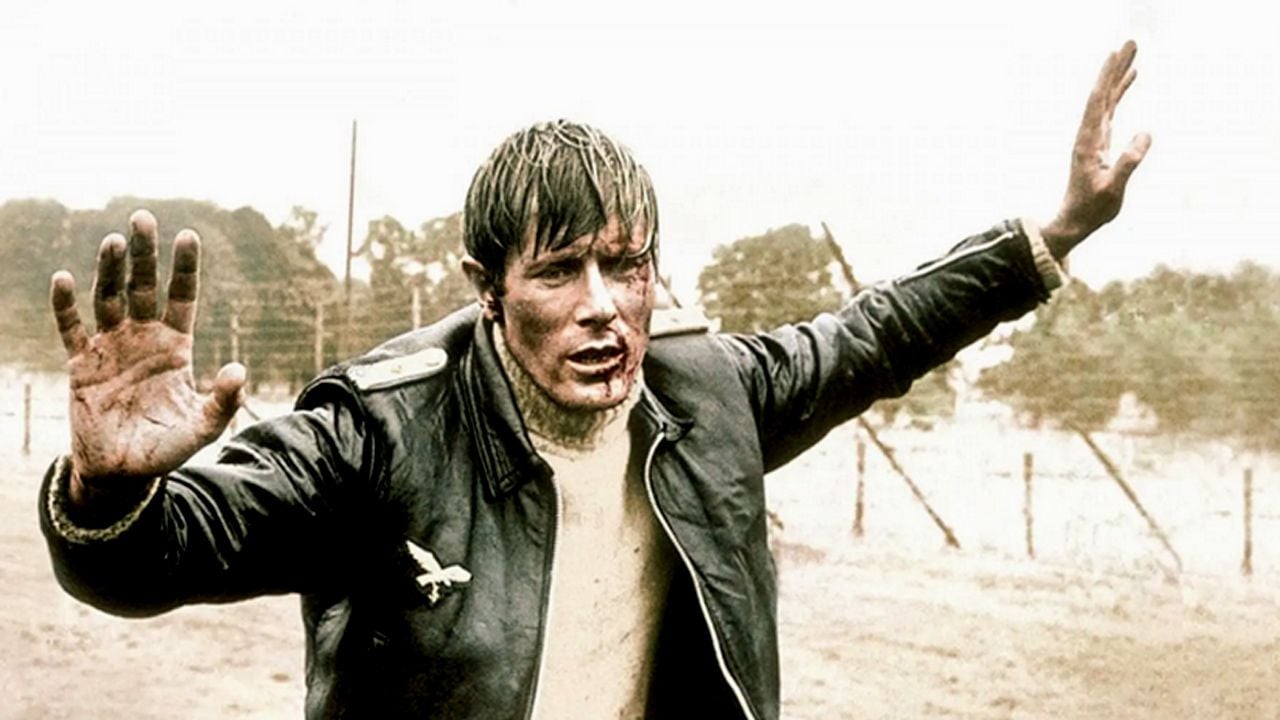Who has never heard the cliché “the internet brings those who are far closer and distances those who are near”, right? As silly as it may seem to some people, the first part of this message couldn’t be truer. In fact, we become so close to people far from our existence that we continue to seek information about every detail of their lives, voluntarily and involuntarily.
It is no surprise that the term “stalkear,” which is a Brazilian version of the English word for “persecution,” has become popular on the Internet. In addition to this uncontrollable desire to monitor the lives of others, we have also created the habit of sharing posts in large groups of friends to say mean things about people we don’t like. So where does such obsession with people who are no longer important to us come from?
Changes in the world
Since prehistoric times, humanity has thrived by seeking and obtaining information about the world around us, especially in relation to other people. Whether we love or hate someone, the emotions we feel activate some of the same circuits in the brain. That’s why it’s so satisfying to persecute someone we hate.
It could be that influencer you find unbearable for oversharing every detail of your life or your ex-girlfriend who broke up with you after a painful breakup. One fact is that the feeling of social comparison developed in the digital age has forced us to follow appearances and create compensation systems for what we lack.
Even with so many real negative effects, it can be difficult for a person to admit that it is a problem that needs to be solved. Social media addiction is something that has negative effects on human mental and physical health, just like smoking, drinking alcohol and so on, but in a much more hidden way.
As a result, it’s common for us to enter into these spirals of controlling other people’s lives ourselves and come away from these social stalking sessions feeling ashamed of what we’ve done or wondering how we invested so much effort into other people’s digital lives. This is a delicate behavior that revisits many conflicting emotions from which we avoid asking for help.
Cancel harmful habits

According to experts, one of the most effective ways to deal with addiction is stalking into other people’s lives monitor the moments when you feel the need for social persecution and evaluate what factors these cases may have in common. For example, are you stalking people you don’t like to make yourself feel better about your personal problems? Is this an attempt to heal the open wounds of the past? These are all indicative of larger issues you will need to resolve internally.
If we’re not careful, social media stalking can go from a harmless little pleasure to a negative reflex that infiltrates our daily routine. Therefore, recognizing the desire to erase these corrosive acts from your life is already an action that will put you on the path to correcting them. One way to eliminate this habit could be to replace it with another “addiction”, such as a hobby or another social media.
In extreme cases, especially for those who feel overwhelmed by the amount of information, a total digital detox can relax the mind for a while and curb behavior. Understand that this type of habit could be a sign of a depressive episode or an unhealthy obsession, but that you are not alone in this journey.
Use it to strengthen your other relationships, find other paths to happiness in life, and open yourself to healing some past wounds. The resulting sadness does not mean that you are a bad human being, but that you need a moment of reflection to avoid falling into the spiral of hatred.
Source: Terra
Ben Stock is a lifestyle journalist and author at Gossipify. He writes about topics such as health, wellness, travel, food and home decor. He provides practical advice and inspiration to improve well-being, keeps readers up to date with latest lifestyle news and trends, known for his engaging writing style, in-depth analysis and unique perspectives.









